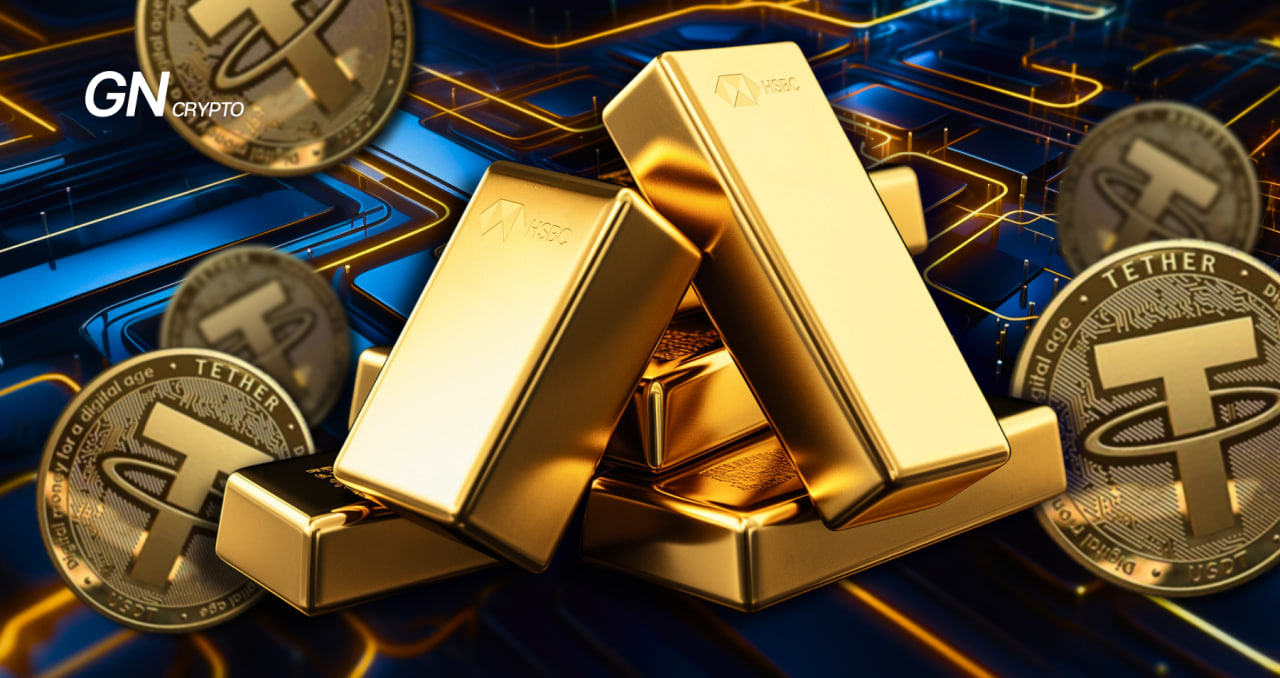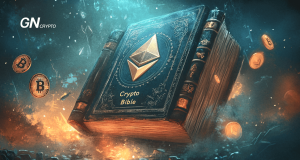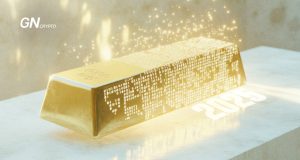What is Tokenized Gold?

HSBC, a globally respected bank based in Hong Kong, has announced its plans to tokenize the gold held in its London vault. This move prompts questions about the process and its purpose.
HSBC is known as one of the most conservative financial institutions globally. Established in 1865, it caters to approximately 40 million corporate clients across 60 countries, with total assets estimated at $3 trillion, a figure unrivaled by any European bank.
HSBC's fundamental principles include investment security, strict cost management, and cultivating long-term relationships with wealthy clients. Yet, the bank's management must adapt to contemporary challenges related to emerging technologies and assets to preserve its competitive advantages.
What Are Digital Gold Assets?
The tokenized gold market currently has a capitalization exceeding one billion dollars. Its key components are digital assets backed by gold, such as:
- PAX Gold
- Tether Gold
- Kinesis Gold
- Lyfe Gold
- VNX Gold, and a dozen other similar tokens.
The collective market cap of tokenized gold assets. Source: coingecko
These tokens belong to the category of RWA (Real World Assets), and their main goal is to attract venture and institutional investors to the digital market. This differentiates them from typical gold-pegged stablecoins, which don't always have officially verified reserves.
The involvement of traditional banks in this sector brings an essential element – regulatory protection and secure storage. This aspect is particularly crucial for investors who prefer low-risk investments when selecting assets.
In times of crisis, when the macro market is turbulent, digital gold provides an opportunity to hedge risks in the same manner that physical gold and platinum have historically been used before blockchain's emergence.
Gold has been valued for centuries, and it's seen as a means to preserve and pass on wealth to future generations. Now, by investing in tokens linked to precious metals, market participants obtain ownership rights to a physical asset securely stored in major banks' vaults. These tokens can be exchanged for real gold at any time, a process referred to as “redemption.”
How Will HSBC Tokenize Gold from Its Vault?
HSBC, a leading global custodian of precious metals and one of four clearing firms in the UK gold market, trades approximately 20 million ounces (622,069 kg) of gold daily as per the London Bullion Market Association (LBMA).
John O'Neil, HSBC's Global Head of Digital Assets Strategy, acknowledged the significant investor interest in Real World Assets (RWA). Consequently, HSBC will soon facilitate the trading of physical gold between itself and institutional investors through its unified dealer platform, HSBC Evolve, or via an Application Programming Interface (API).
This initiative involves creating a “digital twin” of the gold bars stored in the vaults of HSBC's London branch.
Each token will represent 0.001 troy ounces of gold (0.0311 grams), although its specific name has not been disclosed yet.
Transactions involving the transfer of ownership rights of these gold bars and their fractions will be recorded on a Distributed Ledger Technology (DLT), HSBC's internal, centralized blockchain.
However, it's unlikely that average crypto traders will have access to this trading platform, as HSBC Evolve caters primarily to corporate clients.
The content on The Coinomist is for informational purposes only and should not be interpreted as financial advice. While we strive to provide accurate and up-to-date information, we do not guarantee the accuracy, completeness, or reliability of any content. Neither we accept liability for any errors or omissions in the information provided or for any financial losses incurred as a result of relying on this information. Actions based on this content are at your own risk. Always do your own research and consult a professional. See our Terms, Privacy Policy, and Disclaimers for more details.


























